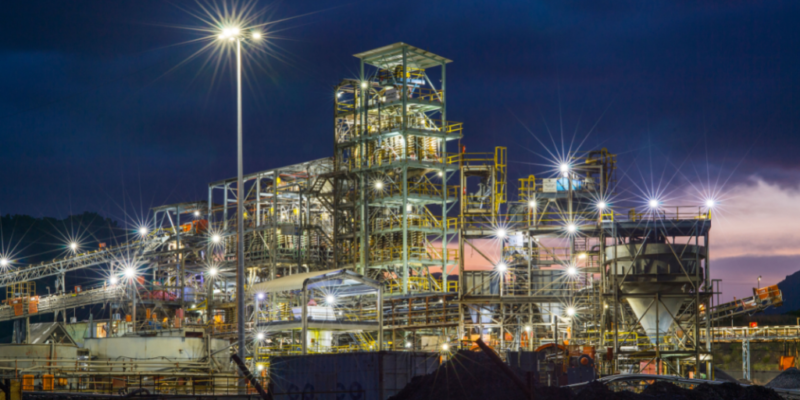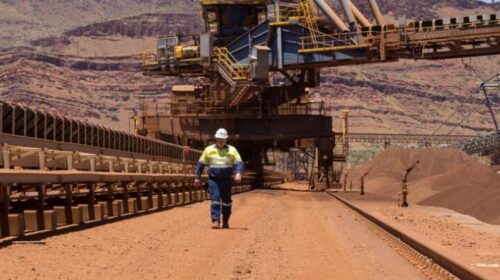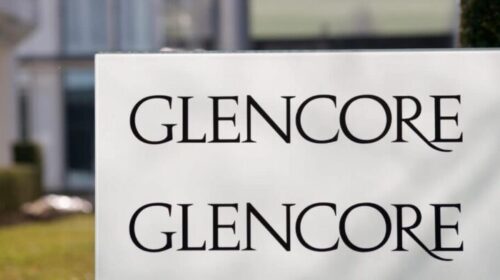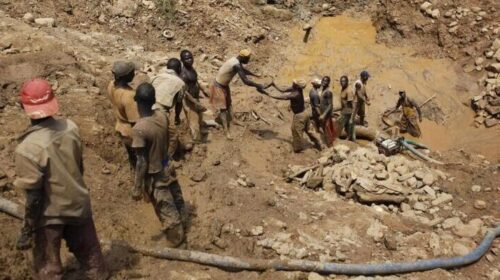Glencore-Merafe Chrome Venture expected to benefit from energy deregulation in South Africa
A new report by Roskill states that the Glencore-Merafe Chrome Venture, which runs seven chrome mines and five ferrochrome plants in South Africa, may benefit in terms of market share from the progressive deregulation of the country’s energy landscape.
Roskill makes the case for Glencore-Merafe on the basis of the JV’s recent announcements related to various clean energy, self-generation and cogeneration project.
The market analyst says it is important to keep in mind the context within which these announcements are taking place, which is one where the South African government is working towards the enacting of a tax on chromium ore exports. The proposed measure is also expected to come with a slew of energy focussed efficiency, cogeneration and self-generation measures aimed at supporting the country’s struggling ferrochrome industry.
ROSKILL MAKES THE CASE FOR GLENCORE-MERAFE ON THE BASIS OF THE JV’S RECENT ANNOUNCEMENTS RELATED TO VARIOUS CLEAN ENERGY, SELF-GENERATION AND COGENERATION PROJECTS IN SOUTH AFRICA
“With the backdrop of ongoing increases in electricity tariffs and unreliable energy supply, the government has more recently (in June 2021) announced that the licensing-exemption threshold for private companies to produce their own electricity will be increased from 1 MW to 100 MW. Aimed at promoting the diversification of electricity supply away from just state-owned Eskom, the announcement was keenly welcomed by industrial stakeholders and in particular the mining and metals sector,” the report points out.
In Roskill’s view, this eased regulatory framework has prompted Glencore-Merafe to give a more direct indication of its renewable energy plans, which will augment the electricity needs of its 2.36Mtpy fleet of ferrochrome assets.
Among those plans are the use of Swedish Stirling engines to generate electricity from furnace off-gas, with pilot-scale trials already in place; the production of private wind and solar energy directly attached to ferrochrome production sites, and the establishment of virtual power purchase agreements is reportedly close to preliminary study stage. The latter option may imply wheeling in privately generated renewable power into the national grid from remote sites in exchange for electricity supply at its ferrochrome plants.
For the market researcher, all of these moves may be timely as any local measures in South Africa will be supported by the ongoing restructuring of China’s alloy industry through output restrictive measures which are aimed at reducing carbon emissions.
“Although, with significant new capacity already under construction in China, there may well be a time limit on the effectiveness to support the South African industry longer term,” the review reads.
South Africa is the world’s top chrome ore producer, while Swiss-based Glencore (LON: GLEN) owns 79.5% of the Glencore-Merafe Chrome Venture, which has a total capacity of 2.3 million tonnes of ferrochrome per annum.
![]()





